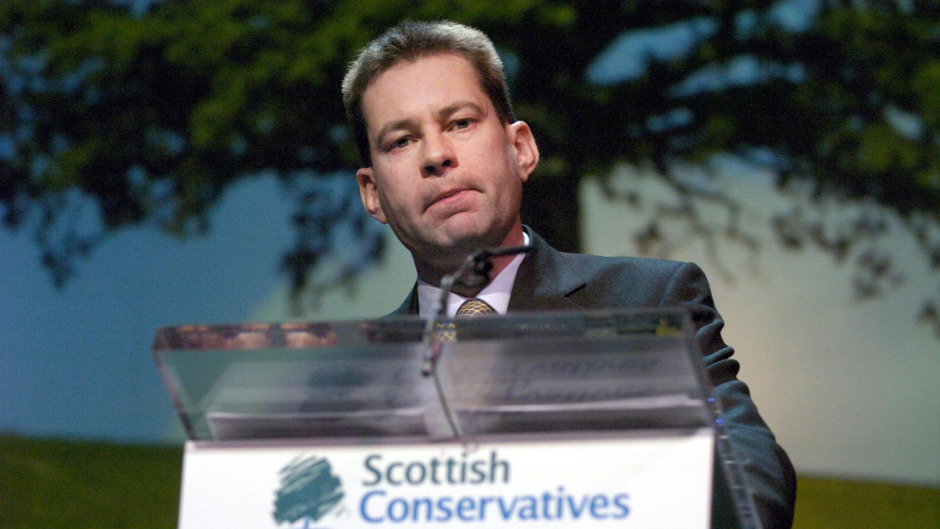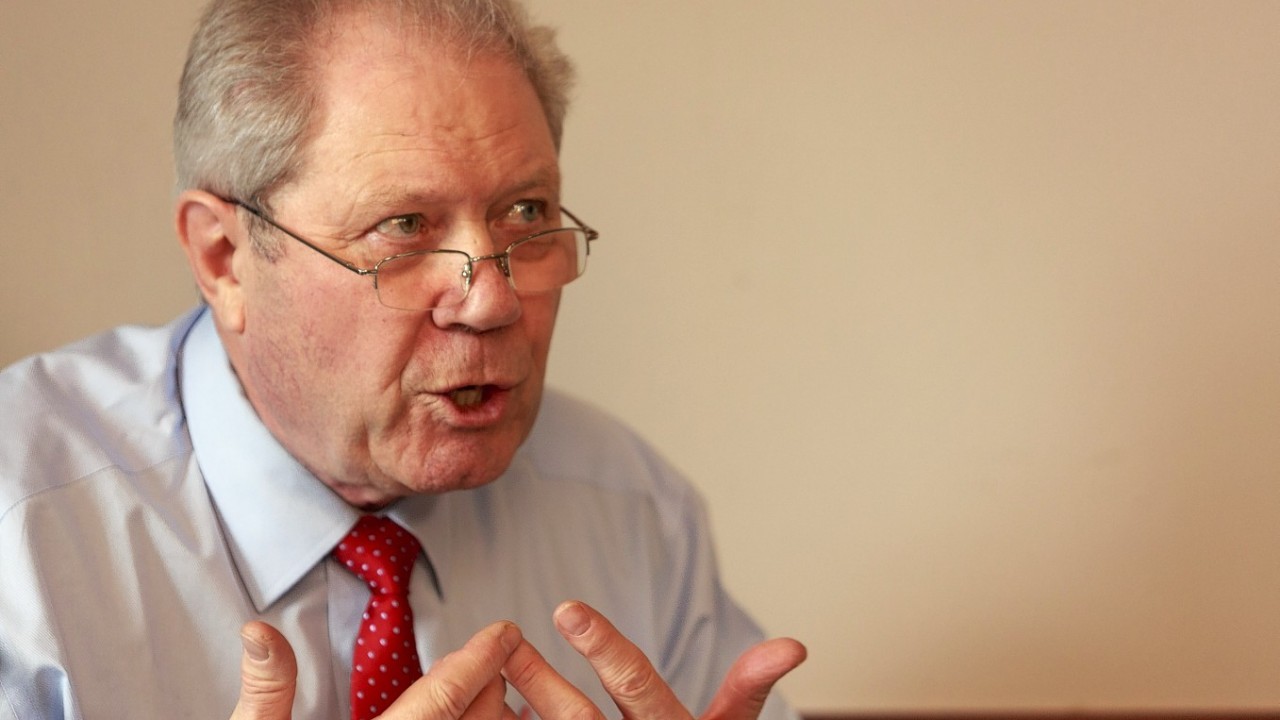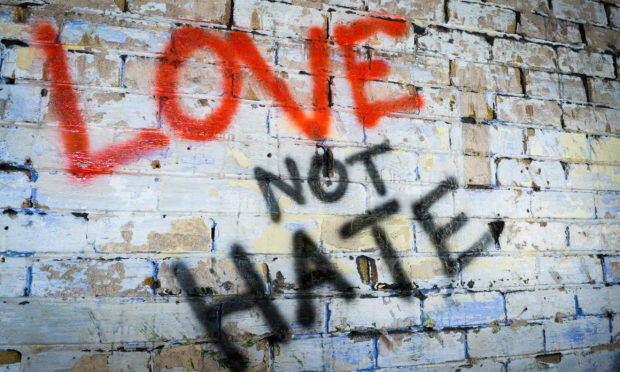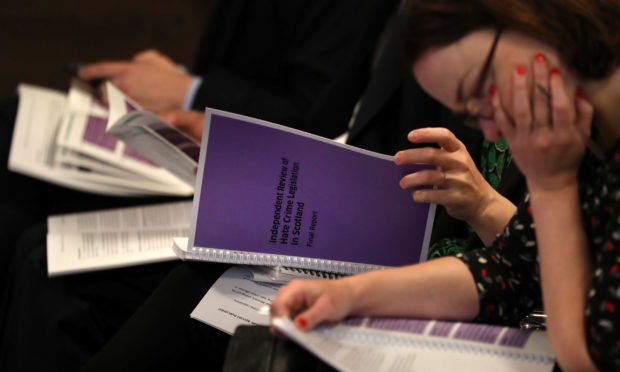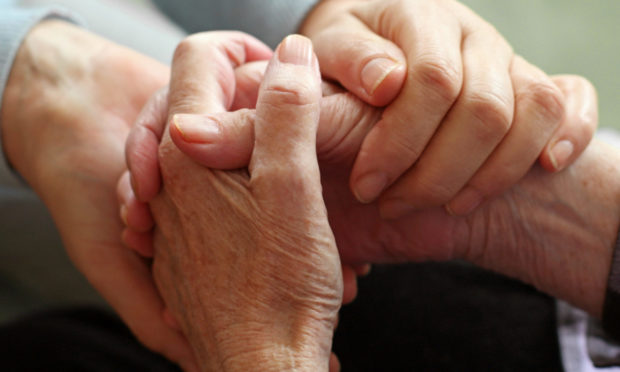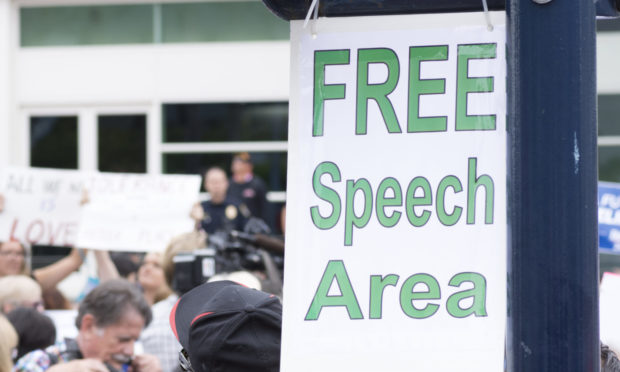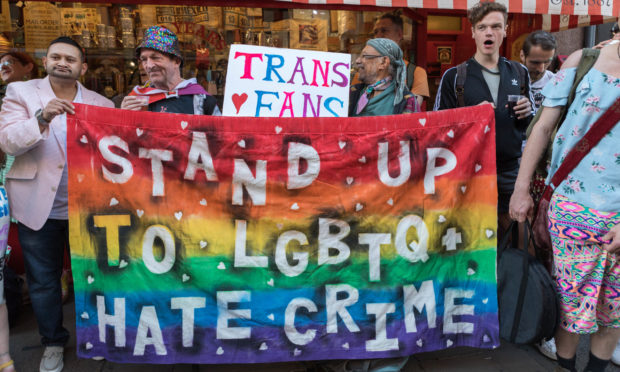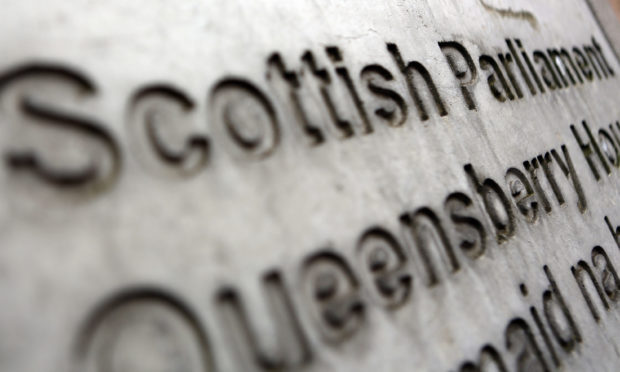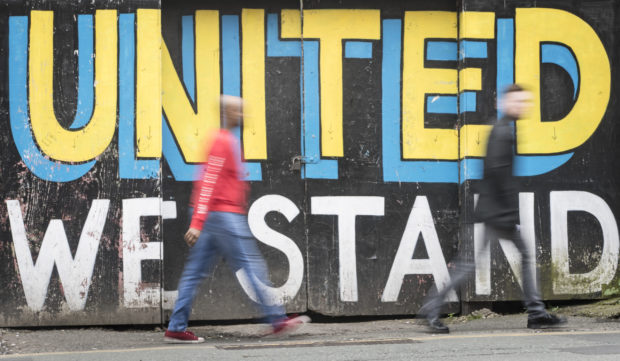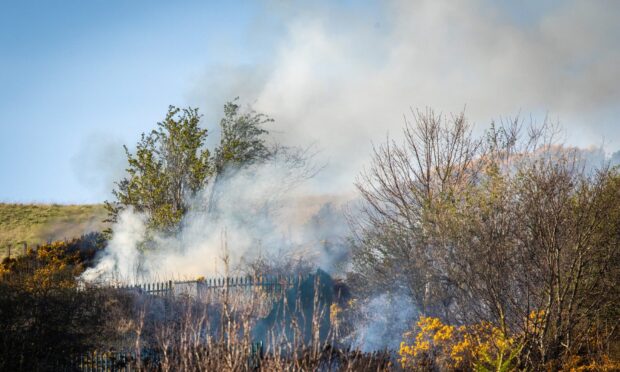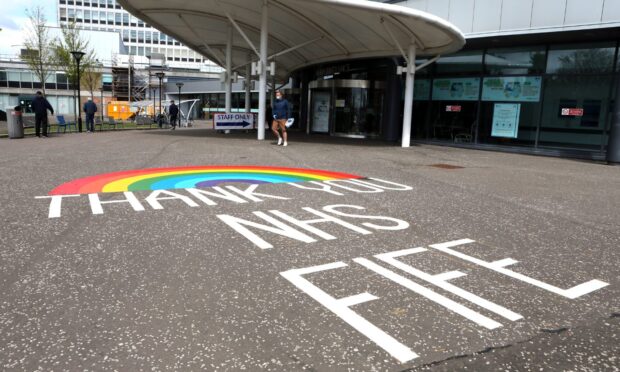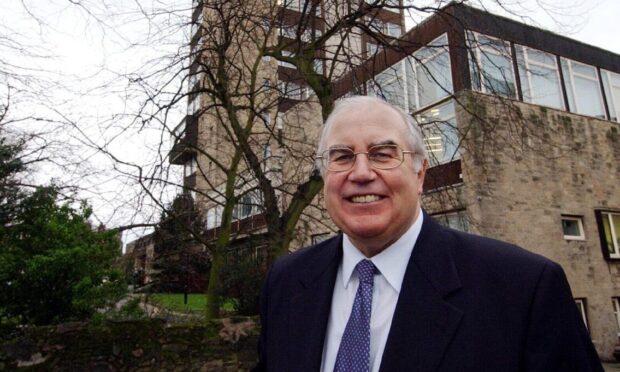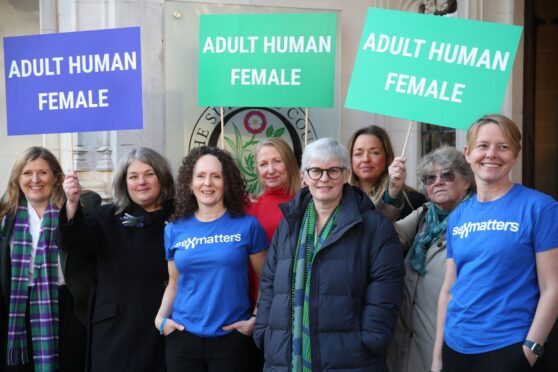Harry Potter author JK Rowling could fall foul of Scotland’s proposed new hate crime legislation for expressing her views on trans issues, critics have warned.
Opponents of a broad extension of “stirring up” offences claim it is an assault on free speech and should be ditched from when the package is debated at Holyrood,
The proposed revamp of the law widens the offence from race matters to include age, religion, disability, sexual orientation and transgender issues.
Conviction carries a maximum sentence of up to seven years in jail.
Conservative MSP Murdo Fraser, a former lawyer, said his party will oppose the otherwise-uncontroversial and welcomed Hate Crime Bill “very vigorously” unless the Scottish Government drops that controversial element.
Inverness-born Mr Fraser, who represents Mid-Scotland and Fife, said the provision could impact on an individual’s ability to voice what might be “controversial or unpopular opinions” and said recent examples, including JK Rowling and her recently expressed views on trans issues, could “conceivably” face prosecution under the legislation.
The view is shared by the director of the Scottish Newspaper Society, John McLellan, who said although it was not the intended purpose of the legislation, it could as a consequence “put someone like JK Rowling in the dock”.
Mr Fraser, who has led criticism of the Bill from within his party, said: “You could create an offence by inadvertently stirring up hatred against a minority group.
“To me the easiest way to understand this is to look at practical examples.
“Probably the most obvious one recently has been the JK Rowling situation where she expresses a view around trans women and biological sex that causes a lot of upset to some trans rights activists who accuse her of promoting hatred.
“I don’t think her critics ever suggested that was her intention but under the bill as proposed there would be no need to prove intent, it would simply be sufficient to say that the consequence of somebody’s actions was that they could be likely to stir up hatred against a protected group and of course trans people are a protected group.
“Conceivably under this legislation, JK Rowling could face prosecution for expressing her views which are in line with biological fact and science.”
The bestselling writer has been at the centre of a row about trans rights and has been accused of being transphobic, an allegation Rowling strongly denies.
If sex isn’t real, there’s no same-sex attraction. If sex isn’t real, the lived reality of women globally is erased. I know and love trans people, but erasing the concept of sex removes the ability of many to meaningfully discuss their lives. It isn’t hate to speak the truth.
— J.K. Rowling (@jk_rowling) June 6, 2020
In December last year, she voiced her support for a researcher who was sacked after tweeting that transgender people cannot change their biological sex.
Last month, Rowling also wrote a lengthy blog post on her reasons for talking about the issue, citing concerns around single-sex spaces.
Mr Fraser, who studied law at Aberdeen University, also used the example of Charlie Hebdo magazine in Paris which faced a deadly attack in 2015 after it ran a series of satirical cartoons featuring the Prophet Muhammad, stating that running cartoons of this nature could “quite conceivably” be deemed as stirring up hatred against protected groups.
He added: “If the government were prepared to remove part two of the Bill and the introduction of these new stirring up offences, I think the rest of the Bill is largely uncontroversial, unobjectionable and I think that would allow the Bill to go through pretty much as it is with with pretty widespread support.
“But if the government is determined to keep the stirring up provisions in then certainly the Conservatives view is we will opposite it very vigorously and I know there are many other parliamentarians in other parties who have similar concerns and many of our external groups from the National Secular Society to the Christian Institute and a whole range of others, have expressed the view that they regard this as unacceptable and an attack on free speech.”
The new powers would make it an offence for someone to behave in a threatening or abusive manner, or to communicate threatening or abusive material to another person where there is an intention or likelihood to stir up hatred in respect of the seven protected groups.
Concerns have been raised that individuals will be prosecuted if someone is offended by their words or controversial views but the Scottish Government says the marker of whether conduct is deemed threatening or abusive will be a “matter for the courts”, depending on the individual facts and circumstances of each case.
John McLellan, director of the Scottish Newspaper Society, the trade association representing the Scottish newspaper industry, said while the abolition of blasphemy is “long overdue”, the rest of the legislation poses “considerable threats” to freedom of expression.
Social media is awash with people bearing extreme grudges against those with whom they disagree and this legislation has the potential to give them a legal means to silence their opponents.”
John McLellan, director of the Scottish Newspaper Society
Mr McLellan, said: “In these times of increasingly bitter division over Brexit, Scottish independence and the environment, as well as gender politics, it is not too far-fetched to see the possibility of the police being drawn into political disputes because they would have to investigate complaints and be used as a tool to attack media organisations and close down debate.
“It could be used by those who attacked JK Rowling for her views on gender to instigate a police investigation which could lead to conviction and it’s clear that plenty of her critics would like to see that happen.
“It might not be the purpose of this legislation to put someone like JK Rowling in the dock, but that could easily be the consequence.
“Social media is awash with people bearing extreme grudges against those with whom they disagree and this legislation has the potential to give them a legal means to silence their opponents.”
A recent blog post by the Scottish Government defending the legislation on its website, said the bill “does not seek to stifle criticism or rigorous debate in any way”.
It added: “It is important that people are free to express their views and opinions and the bill does not change that.”
Other high profile opponents of the legislation include former deputy SNP leader Jim Sillars, who in a piece for The Spectator, said Scots are “now locked in a woke chamber”, adding that the act “casts its net wide” both in terms of who can claim to be a victim and who can be caught.
Meanwhile, one of Scotland’s leading QC’s Roddy Dunlop, who was recently appointed dean of the Faculty of Advocates, told The Times that changes to the hate crime laws threaten to criminalise comedians who tell the “Scottish, Irishman and Englishman go to a pub joke”.
He added: “We worry it will be too wide and too much of a curb on freedom of expression.”
The National Secular Society, a non-party-political organisation, who support secular cases in the courts and work to promote the separation of religion and state, believe the the legislation drafted is “excessive, vague and seriously risks chilling free speech”.
However, Justice Secretary Humza Yousaf has said he “firmly believes” the bill “strikes the right balance between respecting freedom of speech and tackling hate speech”.
He added that individuals can hold and express views on “any topic and subject” as long as these are not expressed in an “abusive and threatening manner”.

